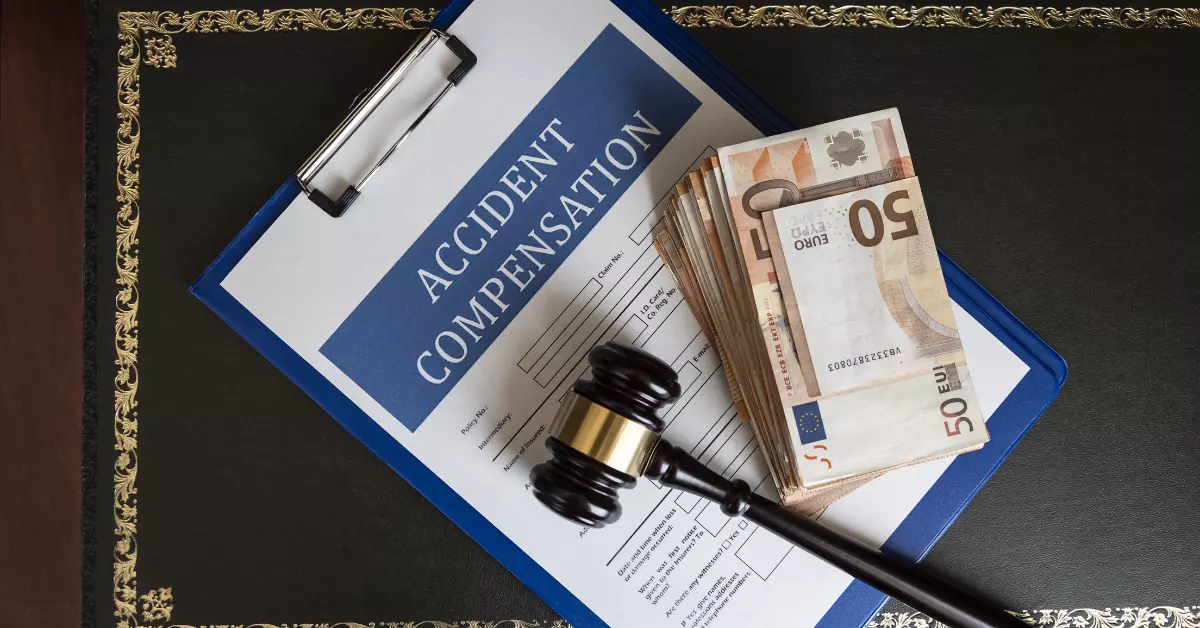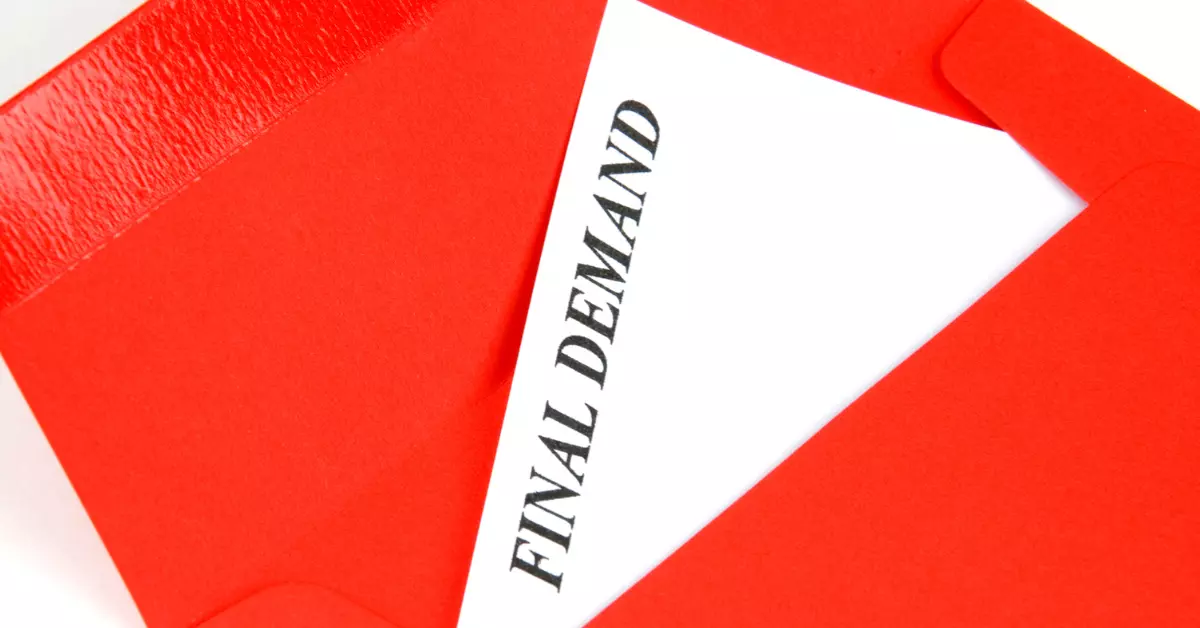How Long Does a Landlord Have to Sue for Damages in Florida?
In Florida, a landlord has up to five years to sue for property damages under a written lease agreement, as per the state’s statute of limitations. This period allows ample time to assess damages and decide on legal action after a tenant’s departure.
Florida law provides landlords with ample time to sue their tenants for damages. Specifically, landlords have four years to take legal action. This time frame begins when the damage occurs or when the tenancy ends, whichever comes later. However, landlords should not wait too long to take legal action, as they risk running afoul of the statute of limitations.
Promptly pursuing a lawsuit can help protect a landlord’s legal rights and financial interests.

What Are The Landlord’S Rights To Sue For Damages In Florida?
Outlining The Landlord’S Rights To Sue For Damages
As a landlord, you have the right to sue for damages caused by tenants, and even previous tenants. Here’s what you need to know about your rights:
- You have the right to sue for damages caused by tenants, such as unpaid rent, damages to the property, or breach of lease agreements.
- You can also sue previous tenants if they caused damages that were not discovered until after they moved out.
- You must provide evidence of damages and proof that the tenant caused them.
- You can sue tenants for damages even if they have moved out of the property.
Factors That Affect The Landlord’S Right To Sue
While you may have the right to sue for damages, there are some factors that may affect your ability to do so:
- If you did not include a clause in the lease agreement outlining your right to sue for damages, you may not be able to do so.
- If you did not take proper steps to collect evidence of damages, such as taking photos or videos of the property before and after the tenant’s lease, you may have a hard time proving your case in court.
- If the tenant has filed for bankruptcy, you may not be able to collect damages from them.
Mentioning The Statute Of Limitations For Filing A Lawsuit
It’s important to note that there is a statute of limitations for filing a lawsuit in florida.
- Landlords have up to four years from the time the damages occurred to file a lawsuit.
- If the damages were discovered after the tenant moved out, the four-year window starts from the date the damages were discovered.
- It’s important to file a lawsuit within this time frame, as missing the deadline can result in losing the right to sue for damages altogether.
Remember to always document damages and take necessary legal steps to protect your rights as a landlord.
How Long Does A Landlord Have To Sue For Damages In Florida?

The Time-Frame For Landlords To File A Lawsuit For Damages In Florida
Landlords in florida have a specified time in which they can sue tenants for damages caused to their property. The law permits landlords to sue within a certain time period, also known as the statute of limitations. It is important for landlords to know this time-frame to file a lawsuit before it is too late.
The Different Types Of Damages
When it comes to damages caused by tenants, there are two key types: property damage and tenant damages. Property damage typically involves destruction, harm, or losses to the landlord’s property, such as walls, roof, or flooring. Tenant damages, on the other hand, refer to losses resulting from a tenant’s actions, such as unpaid rent or eviction costs.
How The Statute Of Limitations Varies Based On The Type Of Damage
For property damage claims, the statute of limitations in florida is four years. This means that landlords have four years from the date of damage to file a lawsuit against a tenant. In the case of tenant damages, however, the law allows landlords only two years to file a lawsuit against the tenant.
It is important to note that after the statute of limitations has passed, the landlord loses their right to sue the tenant.
As a landlord, it is vital to comply with florida’s statutes of limitations when filing a lawsuit for damages caused by a tenant. By taking timely legal action, you can protect yourself from financial losses and maintain the integrity of your property.
What Are The Steps To Take To Sue For Damages As A Landlord In Florida?
The Process Of Filing A Lawsuit For Damages
When a landlord suffers damages caused by the tenant’s wrongdoing, they may contemplate filing a lawsuit in florida to recover the associated costs. Here’s a brief look at the steps involved in suing for damages as a landlord in florida:
Hiring An Attorney
- Hiring an experienced attorney who specializes in landlord-tenant law is recommended. An attorney can guide your legal case and offer insights on how to proceed with the lawsuit.
Sending A Demand Letter
- Before filing a lawsuit, the landlord may need to send a demand letter to the tenant. A demand letter typically states the amount of damages and provides a deadline for payment. If the tenant fails to pay the amount by the deadline, the landlord may proceed with the lawsuit to recover the damages.

Filing A Complaint
- If the tenant fails to pay the damages or intentionally caused harm to the property, the landlord can file a lawsuit in civil court. The landlord must file a complaint outlining the events leading to the damages and the amount of compensation they are seeking. The tenant then has 20 days to respond to the complaint. If the tenant fails to respond, the landlord may ask the court to enter a default judgment in their favor.
Mentioning The Costs Associated With Filing A Lawsuit And How To Recover Damages
When landlords file a lawsuit for damages suffered due to the tenant’s wrongdoing in florida, several costs need to be considered. These may include:
- Attorney fees: Hiring an attorney to represent a landlord in a lawsuit can be expensive, especially if the case goes to trial. Attorney fees may vary depending on the complexity of the case and the experience of the attorney.
- Court fees: Filing a claim in court has a cost. However, the charges may vary depending on the type of court and the amount claimed.
- Recovering damages: If the landlord wins the lawsuit, they may be able to recover the damages. However, there is no guarantee that the tenant has the finances to pay the awarded compensation. If the tenant fails to pay, the landlord may need to pursue other legal remedies.
Recovering damages as a landlord in florida may require patience and perseverance. It’s essential to hire an experienced attorney to represent your case and guide you through the legal process.
Frequently Asked Questions For How Long Does A Landlord Have To Sue For Damages In Florida?
What Is The Time Limit For A Landlord To Sue In Florida?
In florida, the landlord has up to four years to sue for damages.
Can A Landlord Sue For Unpaid Rent?
Yes, a landlord can sue for unpaid rent in florida.
What Damages Can A Landlord Sue For?
A landlord in florida can sue for damages including unpaid rent, property damage, and legal fees.
Can A Landlord Sue A Tenant After They Move Out?
Yes, a landlord can sue a tenant after they move out in florida, as long as it’s within the statute of limitations.
Conclusion
Being a landlord in florida requires a lot of responsibility and attention to detail. Understanding the legal framework around tenant damages, including how long a landlord has to sue, is crucial in protecting your investment and livelihood.
By following the guidelines outlined in this post, such as providing clear and detailed documentation, you’ll be better equipped to deal with any issues that arise during the course of a tenancy.
Remember, prevention is key, so it’s essential to conduct thorough screenings and regular property inspections to minimize the risk of damages and disputes. Should you encounter such issues, consult with a qualified attorney to navigate the legal landscape and ensure your rights are protected.
With these tips in mind, you’ll be well on your way to being a successful landlord in the sunshine state.
Reference: https://www.fdacs.gov/Consumer-Resources/Landlord-Tenant-Law-in-Florida